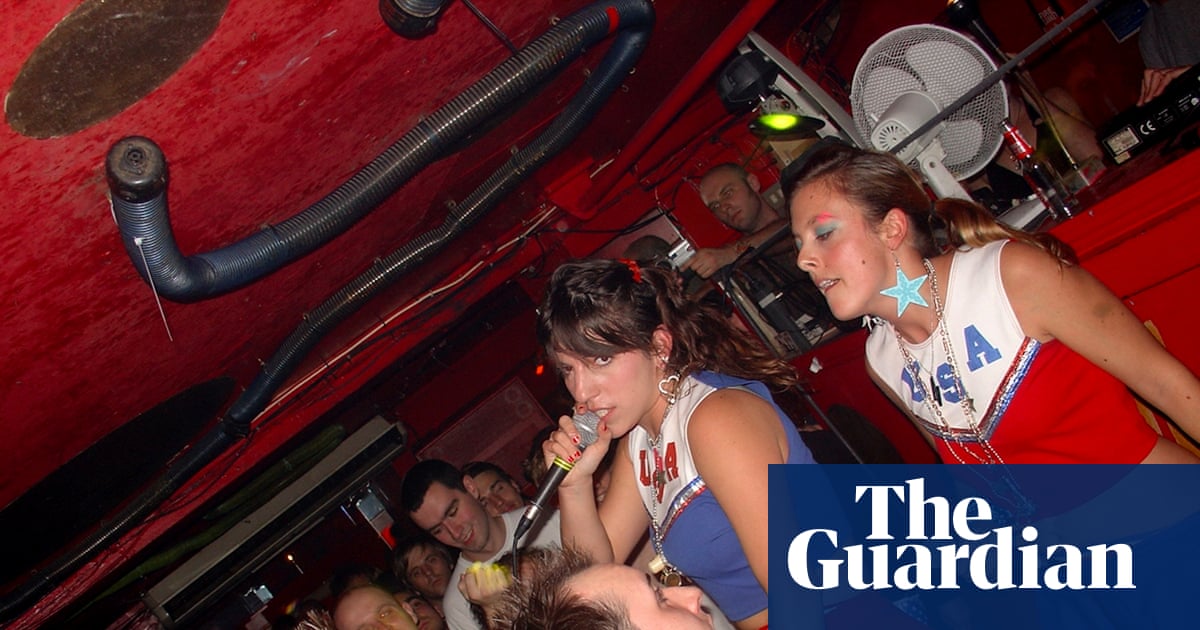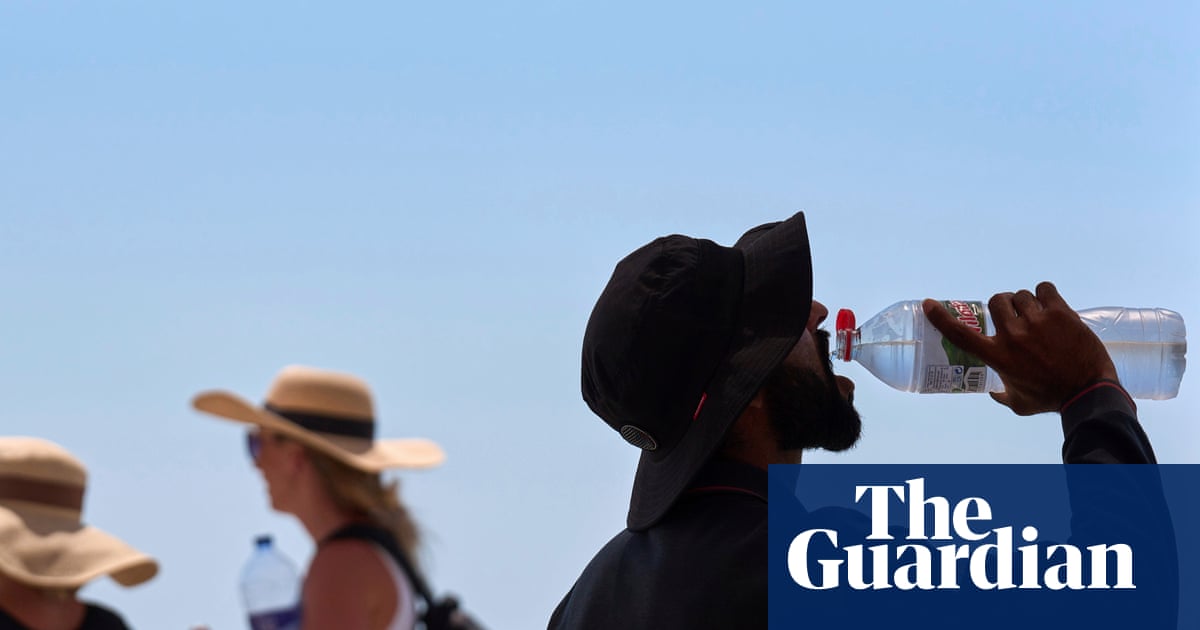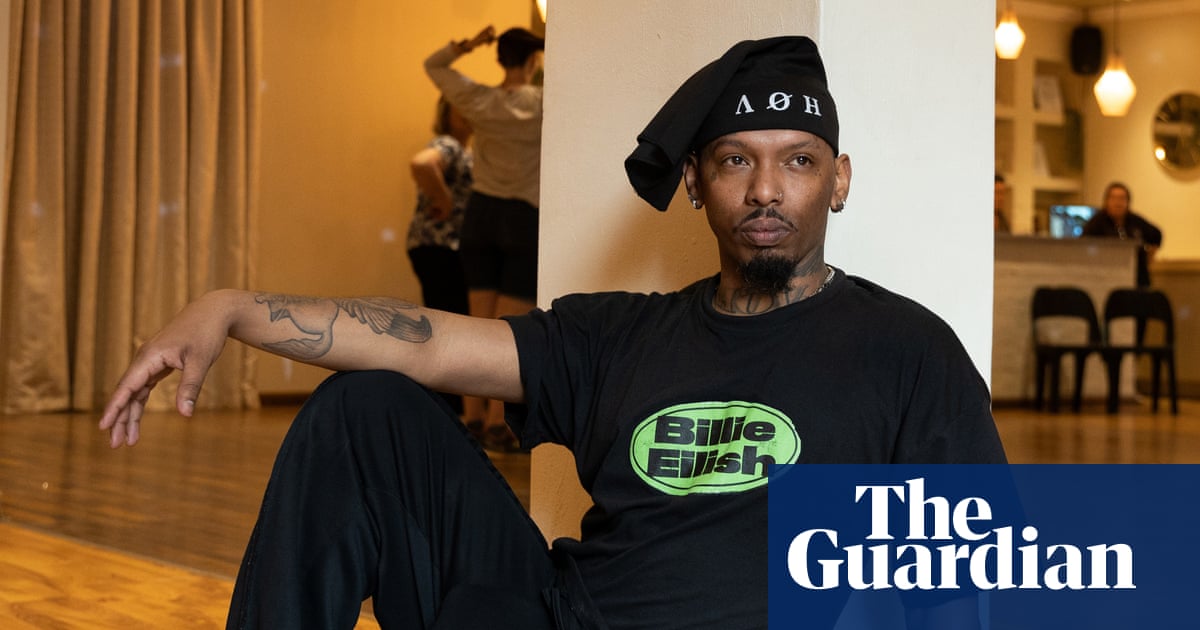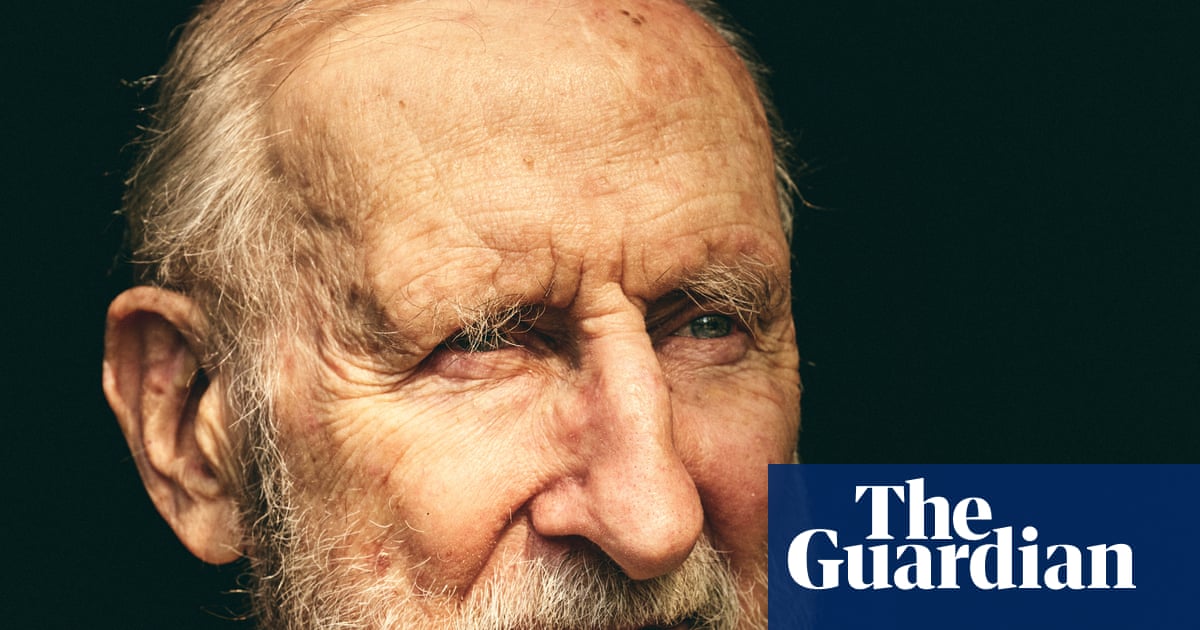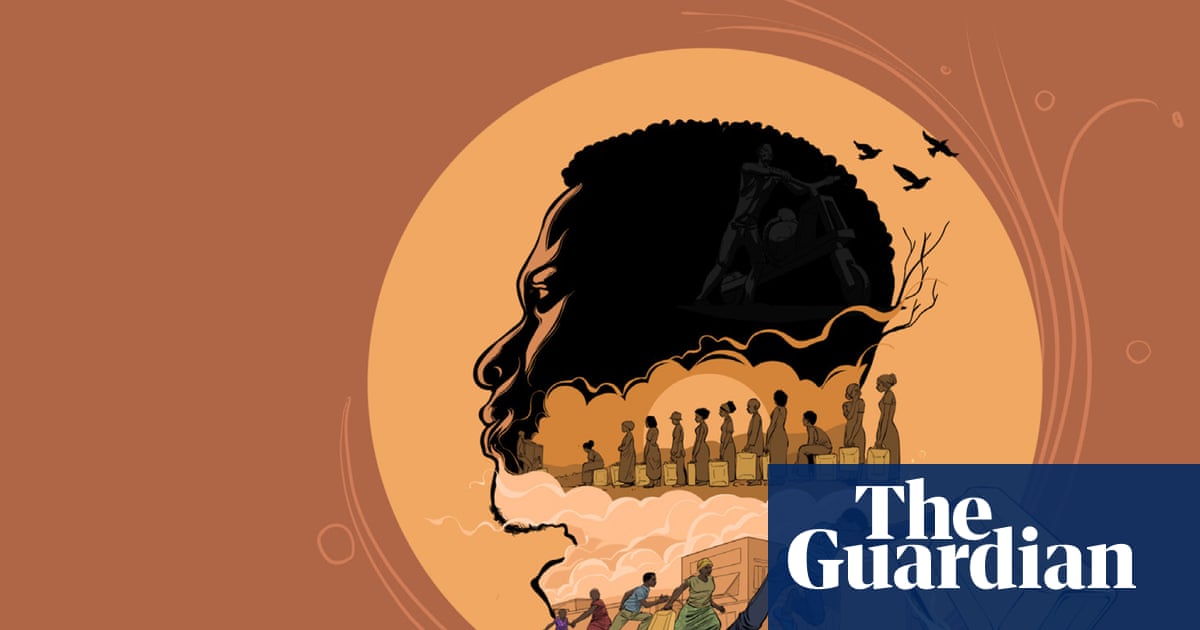From pocket money through to student loans, the teenage years are when finance transforms from a side issue into one of your biggest concerns. Now those who are members of the Scout Association can learn about personal finance and put their knowledge to use – then get a badge for it.
Guardian Money was invited to the Argo group of explorer scouts in Hampstead, London, where 27 members aged 14 to 18 had a go at some of the tasks involved in the money skills badge.
The new badge for scouts and explorer scouts is designed to teach useful life skills, including budgeting for holidays, understanding the pitfalls of payday loans and avoiding scams.
Under the watchful eye of the badge’s programme designer, Georgie Howarth, they first played a game designed to show them how financial decisions are made. One set of cards had details of different jobs, how much someone might earn and a set of monthly outgoings for their housing and bills. The second set each described an event (“your washing machine breaks – pay £100 to fix it”, for example) or a choice (“your friends have invited you on holiday – it costs £500”). Choices came with a financial cost or benefit and an emotional one, in the form of happiness points, and the explorer scouts debated which was more important to them before making a decision.
A budgeting task gave them the choice of whether to plan a dream holiday for two or a group camp, and it got them all talking about how they would spend the money they had to play with. Some set their sights high before realising that the budget would not stretch – one group quickly went from considering a trip to Cuba to landing on Butlin’s in Skegness.
Some optimistic food budgets (clearly they have never tried to feed a teenager) meant the money probably went further than it would in real life, but they learned something of the balancing act that goes into stretching limited finances.
Younger members of the Scout Association in the beaver and cub sections have already been able to earn the badges (the cub pack I run recently gained theirs). For the older members, the skills will come in handy more quickly. Some explorer scouts already earn money through part-time jobs or receive allowances, and university will be a next step for many.
While financial literacy is on the school curriculum, some of the e explorer scouts said their lessons had not always involved practical activities.
“When we learn about financial skills at school, it tends to be listening to an hour-long presentation about how we’re supposed to allocate money in percentages,” said James. “Tonight we’ve been able to learn about budgeting in ways that are practical and seem realistic.”
Howarth said she and her colleagues had looked at what was being taught in schools and tried to design a badge that fitted in with “the scout way of doing things”.
“We are acutely aware that schools can often cover key skills such as budgeting and use of credit and debit cards at a surface level,” she said.
The badge, sponsored by HSBC and launched at the start of My Money Week (9-13 June), “gives young people the ability to access financial literacy in a completely different way to traditional academic learning”, she added.
Another explorer scout, Anais, said the school sessions had “talked about mortgages, and I don’t feel I’ll ever have a mortgage”, whereas the game they had just played had used rent on some of the cards.
“It’s made me feel more prepared for the real world,” she added. And what could be more in the scout way than being prepared?

.png) 3 months ago
67
3 months ago
67








